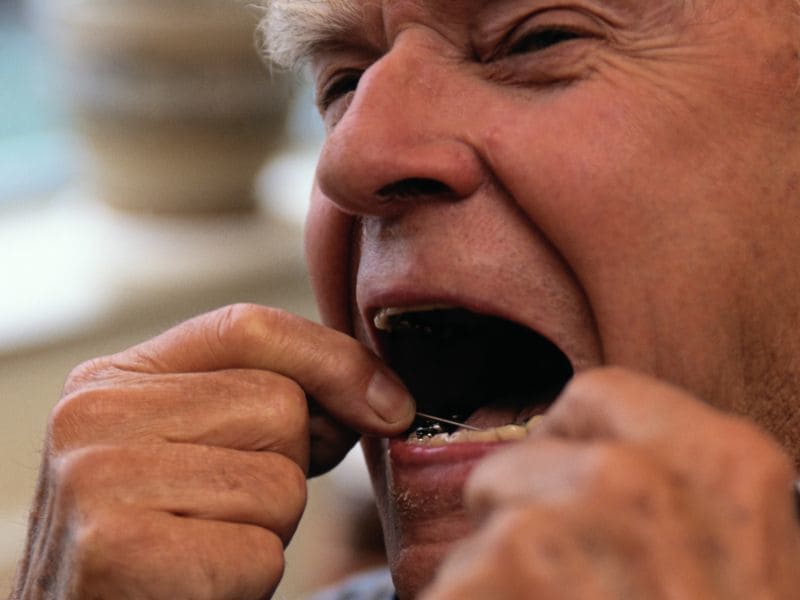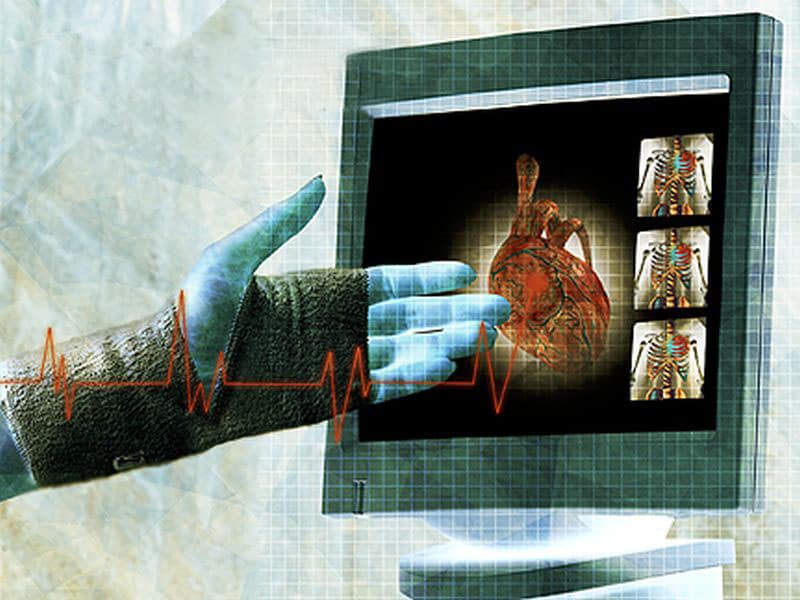
With flu season imminent, U.S. health officials urge everyone 6 months and older to get a flu shot. Already, one unvaccinated child in Florida has died from flu, the officials warned. Not many cases have been reported so far, so it’s too soon to know if this year’s strains will be as severe as last… read on >

















